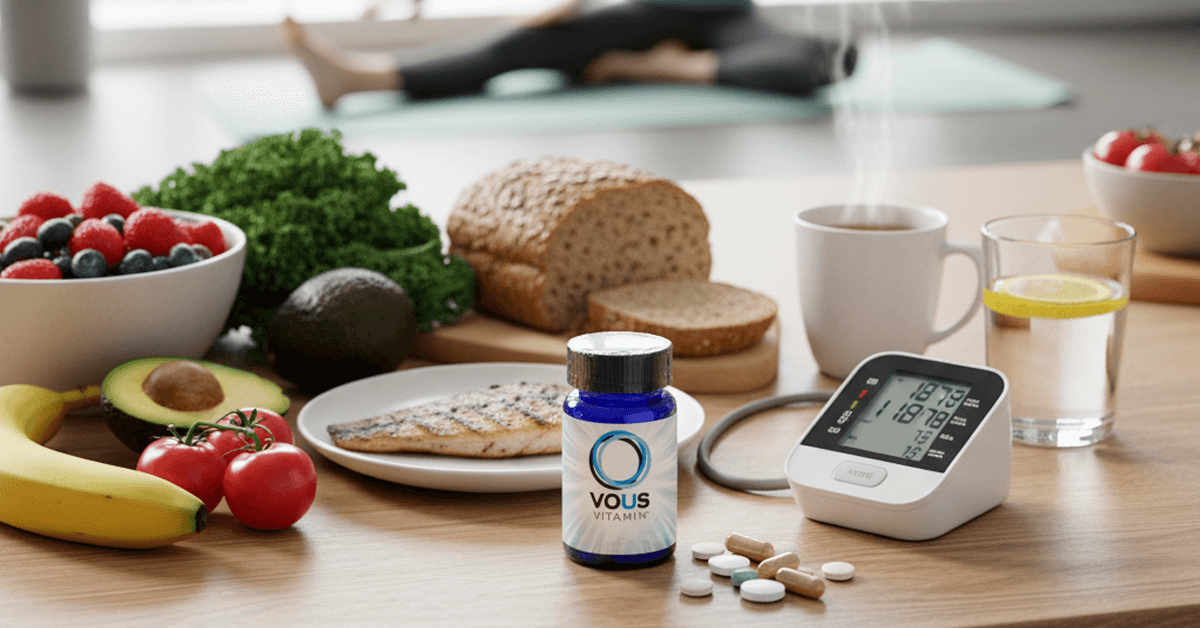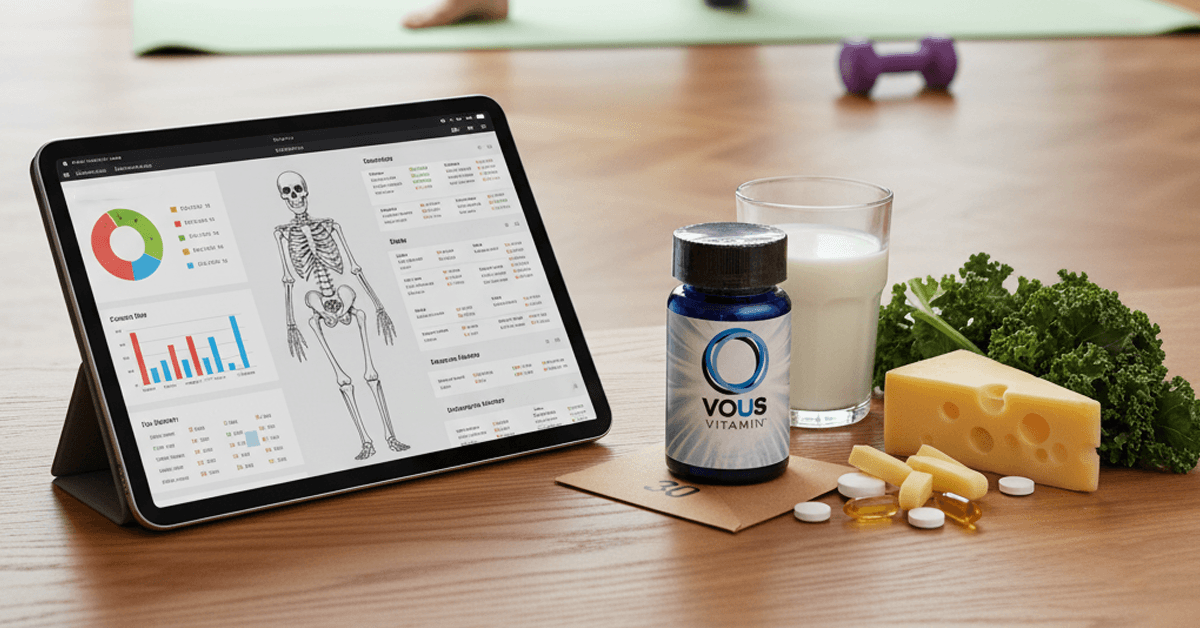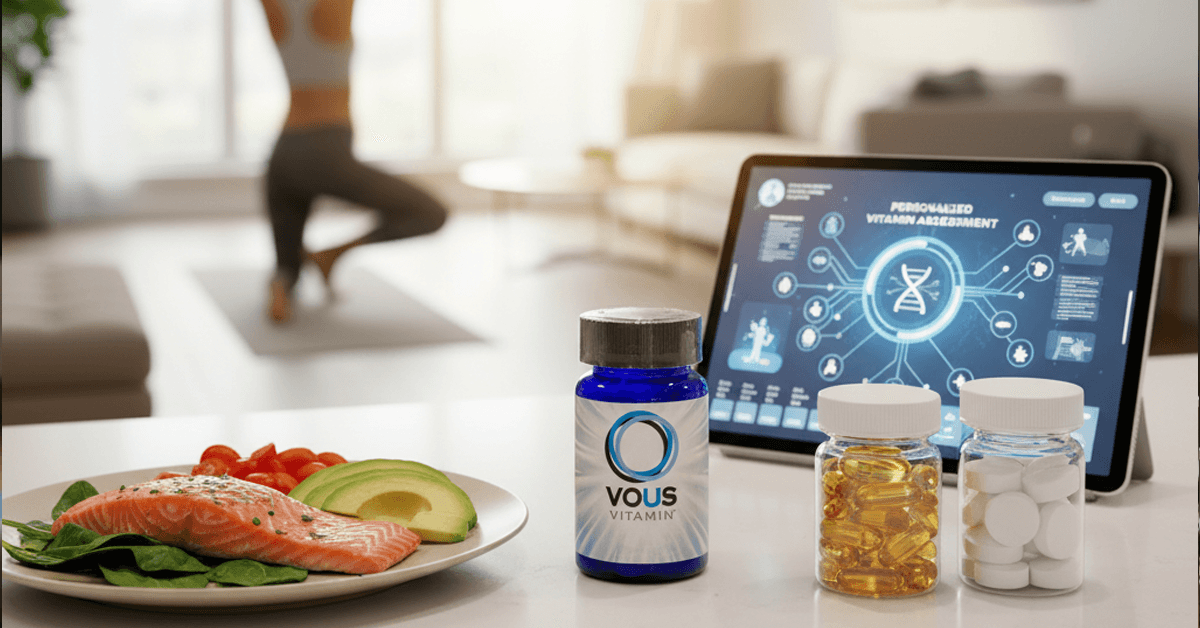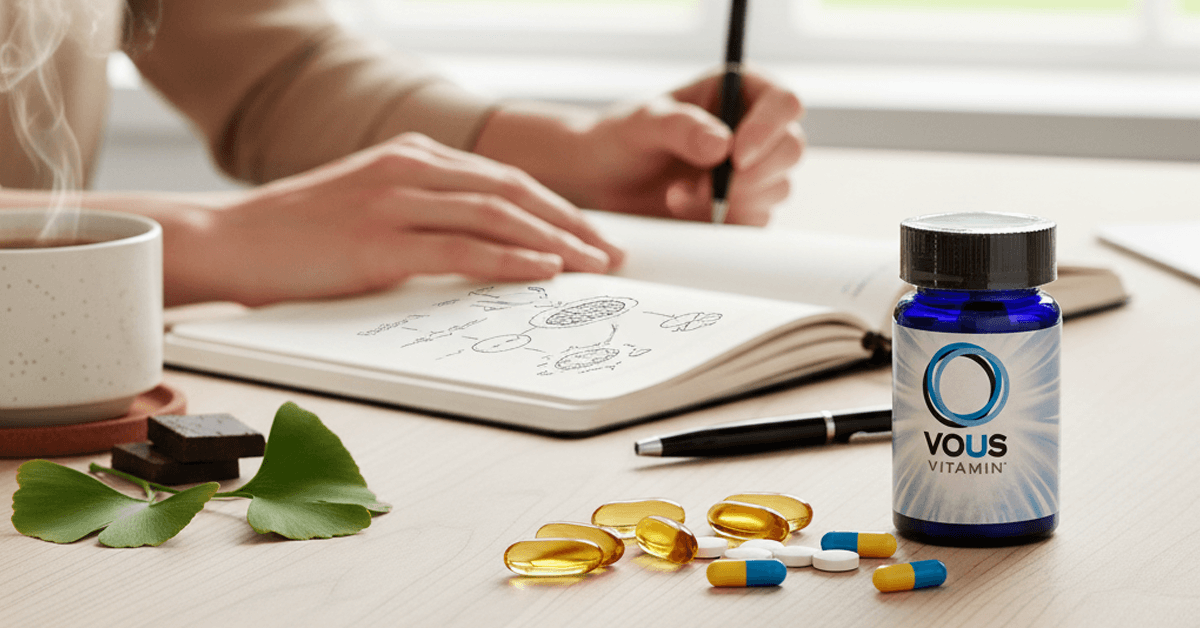

We would like to delve into some of the more natural ways one can tackle blood pressure and hypertension. These techniques are useful at any stage of the game, but as with any chronic medical issue, the early bird gets the worm. It’s always best to take action before you have significantly elevated blood pressure. If blood pressure is already well over normal, you should consult with your physician about the need for medication in addition to these strategies. Do realize that just because you start taking medication that does not mean that it is a lifelong commitment. With the right lifestyle changes (including diet, exercise, and proper nutrition) many people are able to eventually stop medication (under the supervision of a physician). Over the years we have stopped many people’s blood pressure medications because they have gone well beyond their goal by making necessary lifestyle changes.
Stopping medication is one of our favorite things to do (as long as it’s done appropriately)!
The right blend of vitamins can be important, but we too frequently see patients compile a self-prescribed regimen that is off-base for their individual needs. It is advisable to seek personalized solutions that are tailored to your profile. A personalized vitamin assessment is a tool that is available online through a number of companies that can provide more detailed feedback on the recommended vitamins for your profile. Be sure to coordinate with your physicians around any recommended vitamin.
Weight loss, even five to ten pounds, can make a big difference! This one really hit home for Jackie. She had slowly put on weight over the years and her blood pressure rise was somewhat of a wake-up call. It is thought that increased abdominal girth puts pressure on the blood vessels to the kidneys and this in turn triggers the release of certain hormones that cause blood vessels to clamp down. Whatever the mechanism, losing weight is correlated with lowering blood pressure. This may in part be due to all of the associated lifestyle changes that typically accompany losing weight (like a better diet, less alcohol, and more exercise), but there is something intrinsic to having a lower weight that is helpful. And, weight loss can also help many other chronic medical issues, such as cholesterol elevation and blood sugar. However, sometimes it is easier said than done.
In our clinical practices we have seen very dramatic examples where people have shed extreme amounts of weight (a hundred pounds plus) and have been able to gradually and successfully stop all of the three blood pressure medications they had relied upon for years to control their blood pressure. Less medicine makes for a happy patient and doctor. A lot of weight loss certainly goes a long way, but even a modest drop can be significant and enough to avoid someone needing to start medication. Jackie’s determination to lose weight was renewed upon hearing about her blood pressure.
Another factor to be considered in blood pressure is alcohol consumption. Sorry, folks—we know it seems like kicking back with a drink is just what you need for stress reduction, but sometimes it can backfire. Alcohol in significant quantities, typically at least two to three drinks in one sitting, is known to raise blood pressure. Limiting alcohol intake can be effective in helping to lower blood pressure. However, low doses of alcohol are also known to improve cardiac risk. Sound complicated? We meet in the middle and advise drinking in moderation. It is not recommended one start drinking just for cardio protection, but if you do enjoy a drink, adhering to a moderate consumption is ideal. Typical recommendations include no more than an average of one drink per day for women or two for men up to age sixty-five. Over sixty-five, men are also advised to stick to one drink per day. So don’t feel too guilty about enjoying a cocktail, just be sensible. Besides, who needs all those calories?
Regular aerobic exercise is also key to lowering blood pressure. In addition to its help with weight loss, exercise itself has a good effect on blood pressure. While it raises blood pressure transiently for a few hours following activity (this is a normal response to exercise), the longer-term effect is to lower blood pressure. This may have to do with increasing the elasticity of the blood vessels and making them less stiff. It’s also likely that certain hormones are released with exercise that ultimately dilate the blood vessels. Regardless of the mechanism, getting the heart rate up and the blood pumping is helpful here (as in most things health related!).
An exercise goal of forty minutes most days of the week is advised. For blood pressure purposes, cardiovascular exercise is the priority, but some lighter weight training or resistance exercise can be mixed in. Good examples of cardio are vigorous walking, running, dancing, some forms of yoga, and swimming. Our patient Jackie realized she had let her own health habits lapse quite a bit in her quest to take care of everyone else. She was quick to say she could at least get in a good walk with the baby in a stroller and maybe even attend an occasional exercise class with on-site babysitting.
Another lifestyle modification that can be helpful with lowering blood pressure is limiting caffeine. It is clear that starting to take in quantities of caffeine when you did not previously shows a rise in blood pressure. However, for most people who take in a reasonable amount chronically (under 300 mg daily) there is only a slight increase in blood pressure. Therefore, we suggest no more than two caffeinated items per day (with a daily goal of no more than 300 mg). This does not mean two Starbucks venti double-shot drinks. This means two normal cups of coffee. We also advise avoiding any caffeine-containing “energy” products since they often provide large doses that can cause significant and potentially very harmful rises in blood pressure and heart rate. It is amazing how many people we see these days consuming large quantities of “energy” products (which is usually synonymous with high-dose caffeine) and not realizing the downside. Be very cautious with these. Rather, get you energy the proper way.
A real no-brainer when it comes to blood pressure is to stop smoking. Of course, this is easier said than done. Not only does smoking count as an additional risk factor for heart disease, stroke, and the other complications of high blood pressure, but it in itself raises blood pressure. It does so by causing the heart to pump harder and the blood vessels to clamp down. Stopping this nasty habit is the best
thing you can do for your health hands down. It is never too late to start reaping the benefits. Cardiovascular risk returns to that of a nonsmoker just two years after quitting. It is well-worth the effort to kick this addiction.
A discussion about blood pressure would not be complete without mention of stress reduction. We all know that life these days is stressful by nature. However, one can still take the time and effort to find productive ways of reducing stress. Whether it’s via a brief moment to yourself in the morning while the rest of your house sleeps, a coffee with a friend, yoga, meditation, or a trip to the spa, taking a moment to “unplug,” both literally and figuratively, can make all the difference. When we created our packaging for Vous Vitamin®Personalized Multivitamins™, we were deliberate to include in each shipment the following instructions:
When you take your Vous Vitamin®, we recommend you take a moment for yourself. Turn off the crazy. By taking this product you are already committing to help yourself and your health. Allow yourself a minute each day to reflect on that commitment. As you drink your water: think a positive thought about your life and about something for which you are grateful. Think about a future goal. Take a cleansing breath, and forge ahead!
We believe that everyone can benefit from this advice. Just a brief moment to retreat from the hustle and bustle of life can recharge you for the rest of the day. Doing so may be beneficial for your blood pressure.


In a world where health should require an individualized approach by each person, generic multivitamins often cannot provide the same nutrients that your body really


For years, people have relied on generic vitamins hoping to fill nutritional gaps. However, what was working just a few decades ago does not suit


The majority of the population buys generic vitamins at the store with the hope that they will meet the nutrient requirements. However, the truth is


As individuals increasingly shift toward proactive health and wellness grounded in data, individualized approaches are sought to draw from, rather than antiquated, generic, one-size-fits-all multivitamins.
| Cookie | Duration | Description |
|---|---|---|
| cookielawinfo-checkbox-analytics | 11 months | This cookie is set by GDPR Cookie Consent plugin. The cookie is used to store the user consent for the cookies in the category "Analytics". |
| cookielawinfo-checkbox-functional | 11 months | The cookie is set by GDPR cookie consent to record the user consent for the cookies in the category "Functional". |
| cookielawinfo-checkbox-necessary | 11 months | This cookie is set by GDPR Cookie Consent plugin. The cookies is used to store the user consent for the cookies in the category "Necessary". |
| cookielawinfo-checkbox-others | 11 months | This cookie is set by GDPR Cookie Consent plugin. The cookie is used to store the user consent for the cookies in the category "Other. |
| cookielawinfo-checkbox-performance | 11 months | This cookie is set by GDPR Cookie Consent plugin. The cookie is used to store the user consent for the cookies in the category "Performance". |
| viewed_cookie_policy | 11 months | The cookie is set by the GDPR Cookie Consent plugin and is used to store whether or not user has consented to the use of cookies. It does not store any personal data. |